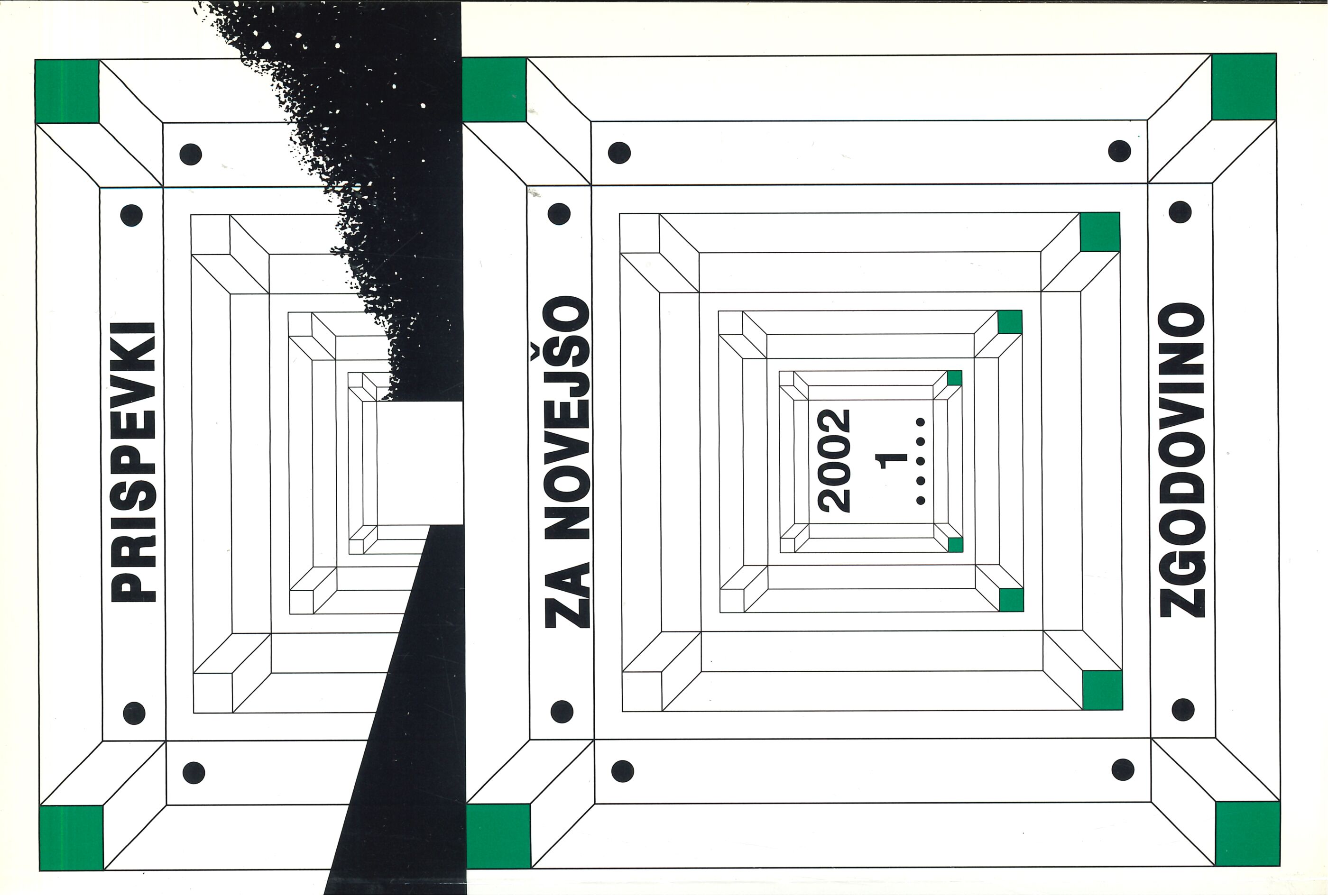The Political Struggle between the Liberal and Catholic Political Camp in the Slovene Part of the Yugoslav State and the First Elections in the Kingdom of the Serbs, Croats and Slovenes
Keywords:
elections, politics, National Assembly, electoral legislation, the Vidovdan Constitution, the Kingdom of the SCSAbstract
The text deals with the beginnings of the political development in the first Yugoslav state from the viewpoint of parliamentarism and electoral legislation. In March 1919, the Provisional National Representation was constituted by means of a decree, since it was impossible to carry out elections. After operating for a year and a half this body issued the law on the election of national representatives to the Constituent Assembly of the Kingdom of Serbs, Croats and Slovenes. The paper also deals with such questions as franchise, the mandate distribution and the voting system. The elections to the Constituent Assembly, on 28 November 1920, were the first test for the electoral legislation which proved to favour stronger rather than weaker political parties. The electoral campaign, both at the Yugoslav and Slovene levels, proved to be an arena of sharp and ruthless political struggle between the traditional political camps.
Downloads
Published
Issue
Section
License
Authors who publish with this journal agree to the following terms:
- Authors retain copyright and grant the journal right of first publication with the work simultaneously licensed under a Creative Commons Attribution License that allows others to share the work with an acknowledgement of the work's authorship and initial publication in this journal.
- Authors are able to enter into separate, additional contractual arrangements for the non-exclusive distribution of the journal's published version of the work (e.g., post it to an institutional repository or publish it in a book), with an acknowledgement of its initial publication in this journal.
- Authors are permitted and encouraged to post their work online (e.g., in institutional repositories or on their website) prior to and during the submission process, as it can lead to productive exchanges, as well as earlier and greater citation of published work (See The Effect of Open Access).


